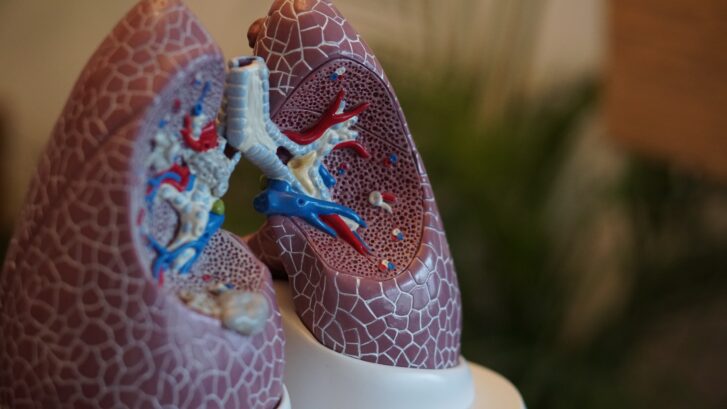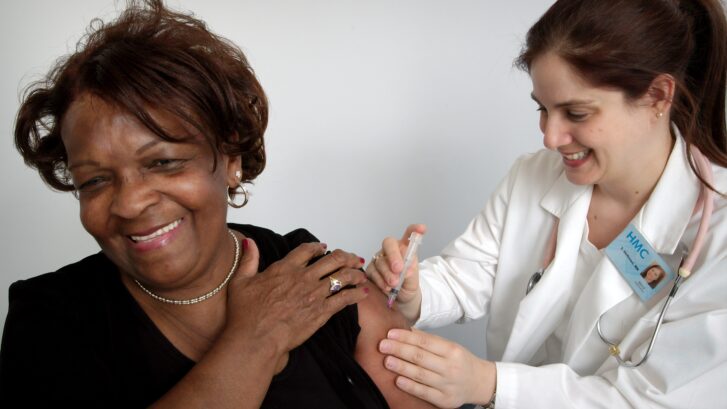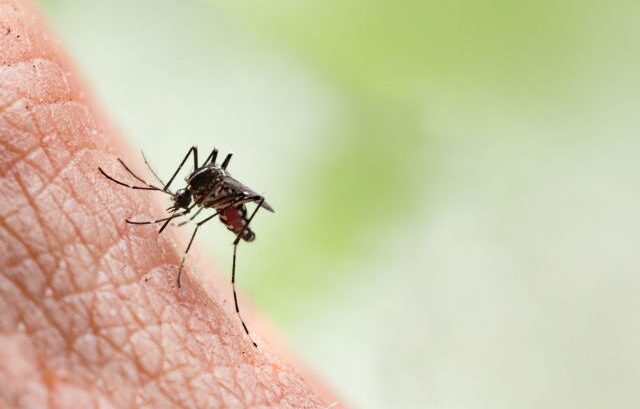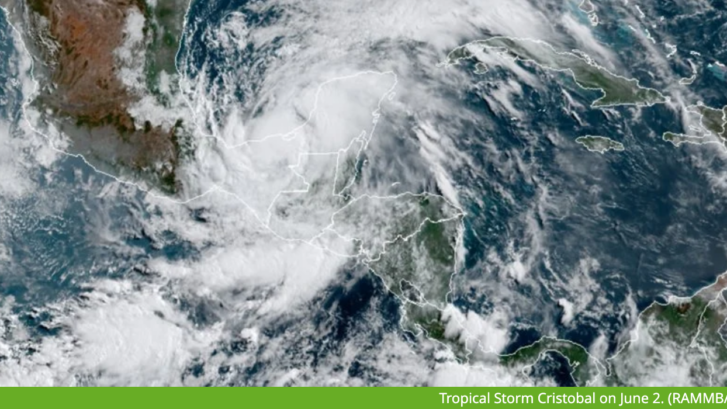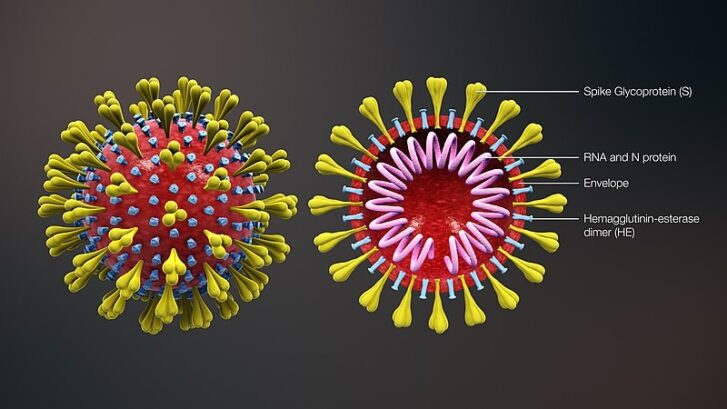Smoking and COVID-19: What You Need to Know
The annual Great American Smokeout is set for this week, November 19. So our concierge doctors thought this would be a good time to look into what we know about the combined effects of smoking and COVID-19.
This is especially important because there has been some confusing information on the effects of cigarette smoking on the disease, with some early reports even suggesting that cigarette smokers who contract COVID-19 actually fare better than non-smokers. Subsequent studies have found the opposite: that smoking increases the risk that the virus causes more damage in smokers.

